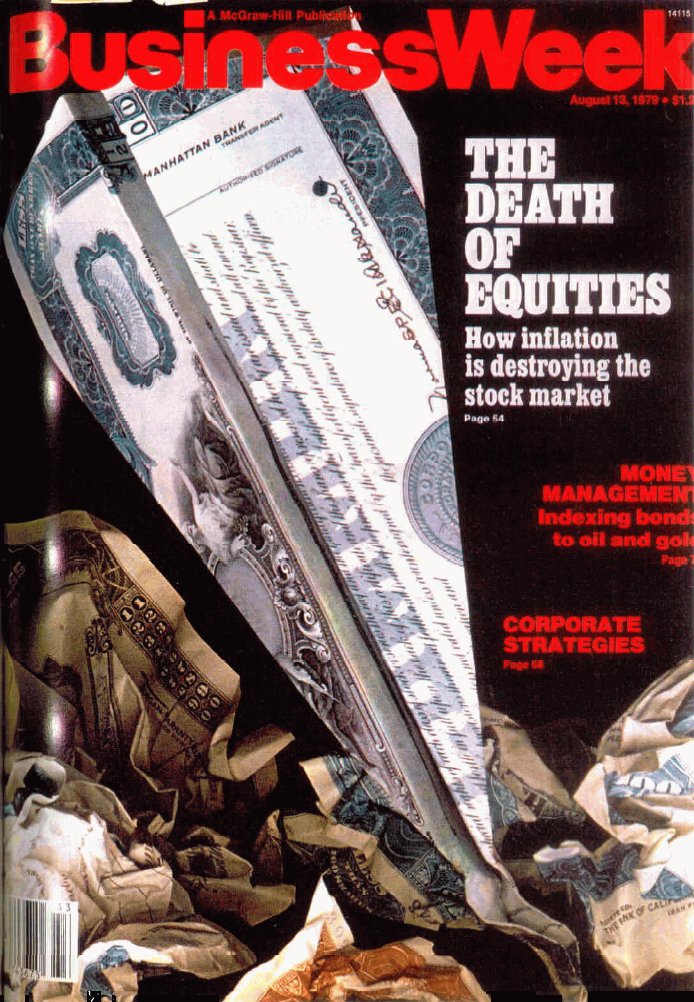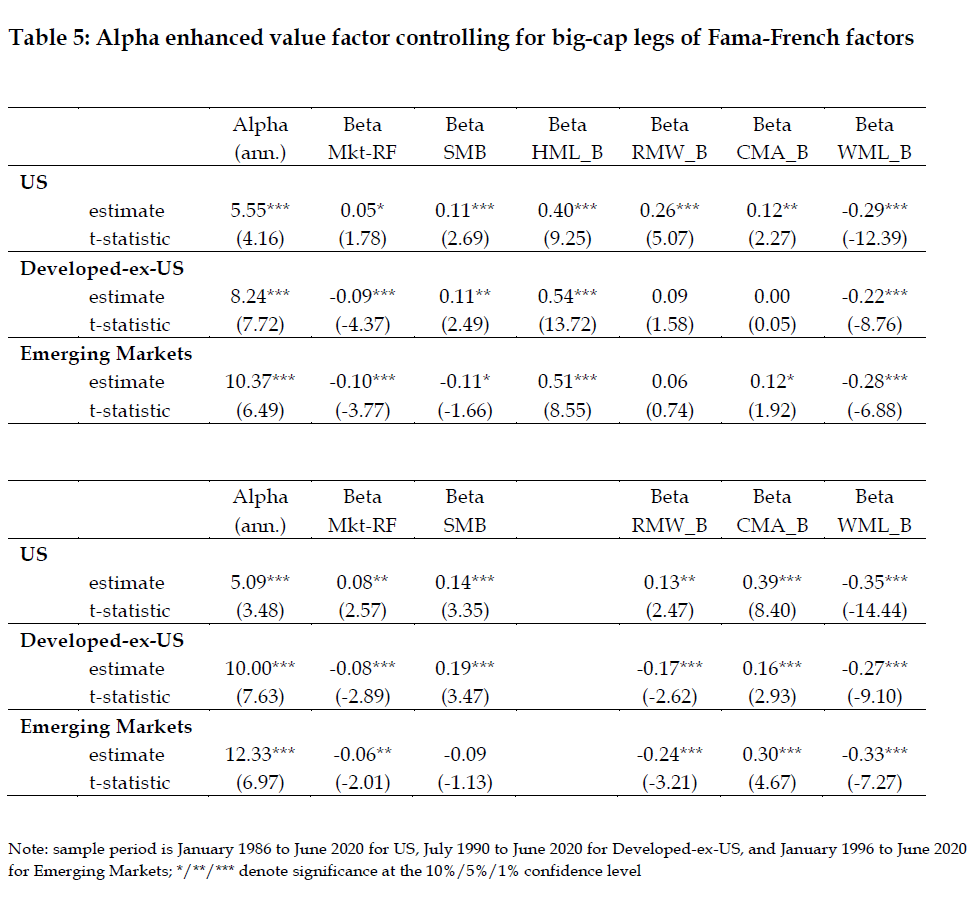
1/ But What If We're Wrong?: Thinking About the Present As If It Were the Past (Chuck Klosterman)
"What ideas are so internalized that we’re not in a position to question their fallibility?
"It is impossible to examine questions we refuse to ask." (p.2)
amazon.com/But-What-If-We…
"What ideas are so internalized that we’re not in a position to question their fallibility?
"It is impossible to examine questions we refuse to ask." (p.2)
amazon.com/But-What-If-We…

2/ "These are ideas so ingrained in the collective consciousness that it seems foolhardy to even wonder if they’re potentially untrue. Sometimes these seem like questions only a child would ask, since children aren’t paralyzed by the pressures of consensus and common sense.
3/ "When you ask smart people if there are major ideas that will be proven false, they say, “There must be. That has been experienced by every generation in history.”
"Yet offer a list of contemporary ideas that might fit, and they’ll be tempted to reject them all." (p. 2)
"Yet offer a list of contemporary ideas that might fit, and they’ll be tempted to reject them all." (p. 2)
4/ "If what I say now seems to you to be very reasonable, then I’ll have failed completely."
—Arthur C. Clarke, speaking in the year 1964, attempting to explain what the world might be like in the year 2000
—Arthur C. Clarke, speaking in the year 1964, attempting to explain what the world might be like in the year 2000
5/ "The sheer amount of information about current ideas makes contradiction difficult when public consensus is the arbiter of validity. We behave as if we’ve reached the culmination of human knowledge. While that must be false, the sensation of certitude is paralyzing." (p. 10)
6/ "The Book of Predictions was released in 1980, reflecting a failure to imagine a world where the U.S. and the Soviet Union were not on the cusp of war. Virtually every thought about the future of global politics focuses on either (a) an impending nuclear collision, or
7/ "(b) a terrifying alliance between the USSR and China. As far as I can tell, no one in the entire Book of Predictions assumed the friction between the US and Russia could be resolved without the detonation of nuclear weapons." (p. 15)
8/ "In 1994, the idea of a sixty-minute phone call from Michigan to Texas costing less than mailing a physical letter the same distance was still unimaginable. Which is why no one imagined it in 1980, either." (p. 16)
9/ "The present must be analyzed through the values of a future that’s unwritten, and we must first build that future world within our mind. But it’s not even the hardest part. The hardest part is accepting that we’re building something with parts [values] that don’t yet exist.
10/ "What if the greatest writer of this generation is someone who will die totally unknown? Or—stranger still—what if the greatest writer of this generation is a known figure, but a figure taken seriously by no one alive (including, perhaps, the writer in question)?" (p. 30)
• • •
Missing some Tweet in this thread? You can try to
force a refresh








